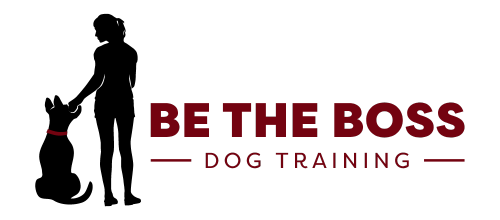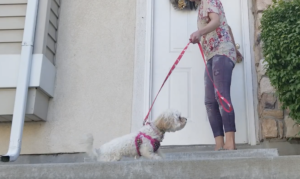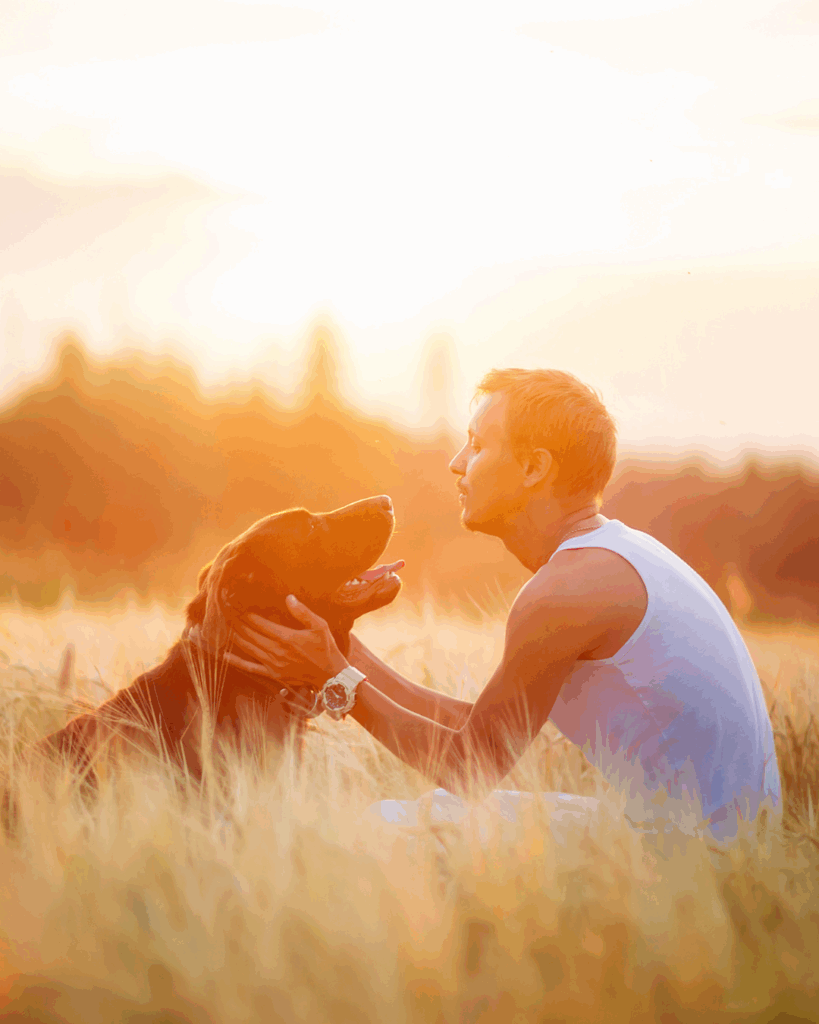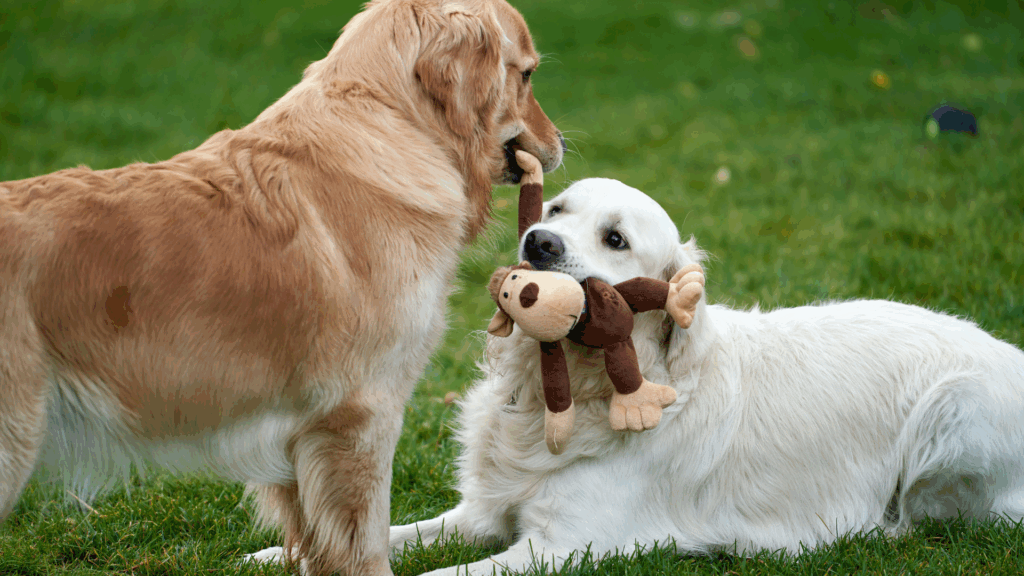Does your dog bark at strangers in the house? How about when you are outside and someone approaches? Does your dog run up and bark at them? Don’t be fooled. Your dog is not “protecting” you.
I encounter this a lot with potential clients. After all, the behavior certainly looks like they are protecting you. But I promise, they are not. There are a variety of factors for why your dog may be displaying this behavior. I am going to talk about 2 of them.
- There is a lack of believable structure in the home
Your dog does not have a leader in the home. Therefore, your dog does not believe that anyone in the home will protect them. This results in an insecure and anxious dog when exposed to new people and situations.
An insecure dog will bark (and sometimes bite) the perceived threat. This makes the threat go away so they can feel comfortable again. - Your dog sees you as a possession
Your dog feels they own you. After all, why wouldn’t you want to guard something that gives you wonderful food, soft beds, great toys, and all the love and attention in the world? You are their goose that lays golden eggs!
Much like a dog will growl or bite when you try and take a bone away…you are the bone. Anyone coming up to greet you is trespassing on their property. Your dog will bark, growl, or bite when they are faced with the prospect of losing their prized possession.
So next time your dog barks at someone coming near you, just remember that your dog is not protecting you. Your dog is missing a leader in their life. Be that leader for them..they deserve it.





